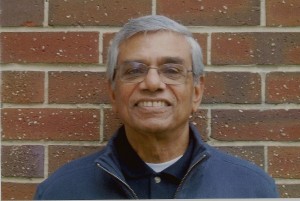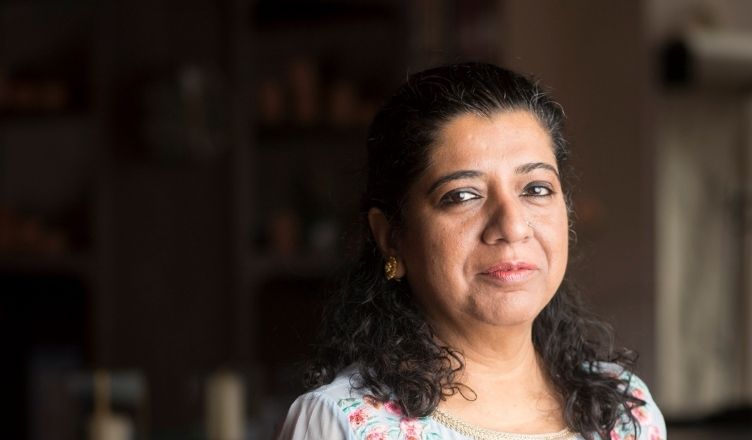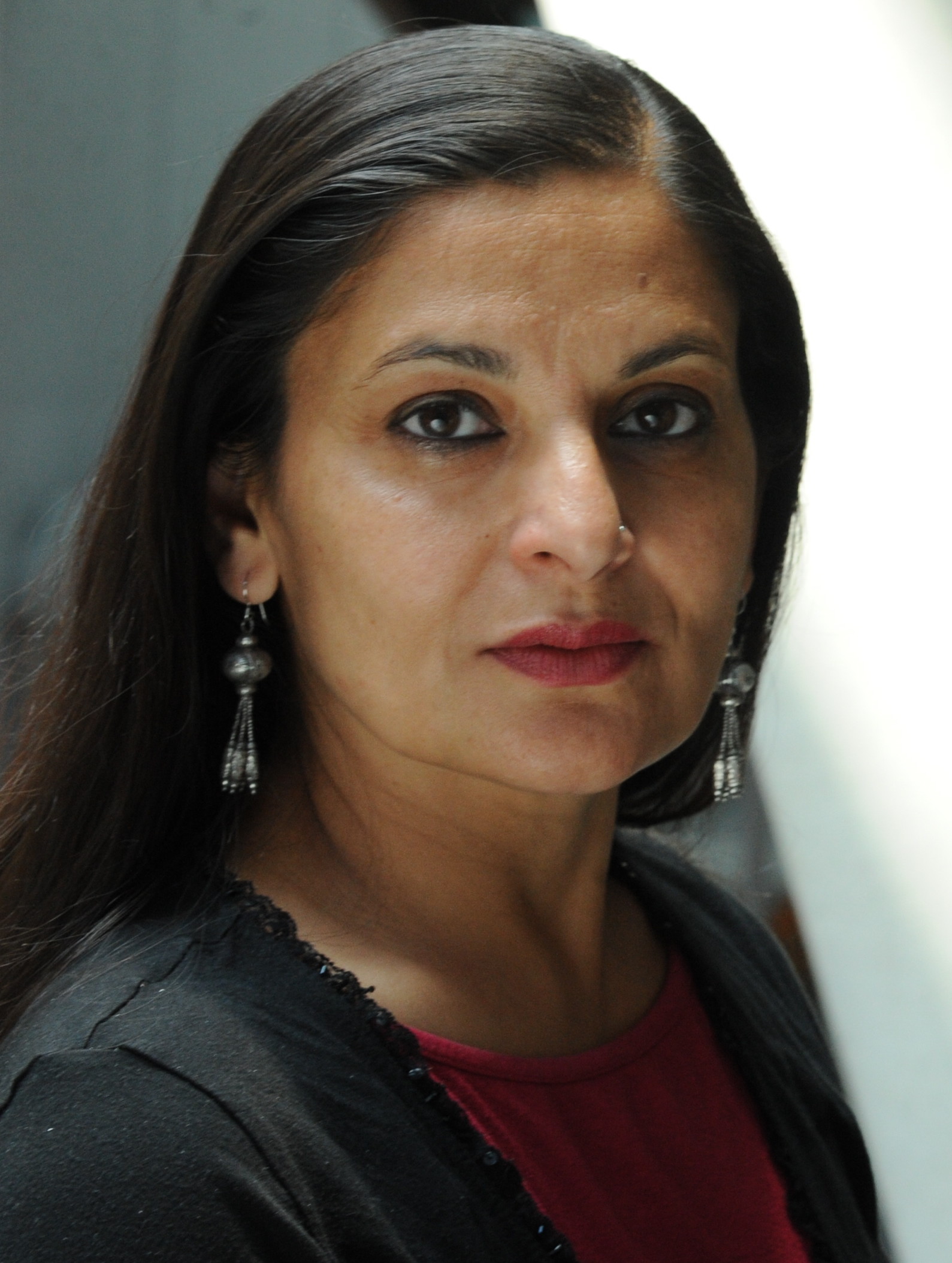
When did you start writing poetry?
I started writing poetry when I was about 18.
What was the first poem that you wrote, that you thought was good?
My first poem that I thought was good (and published in the Sunday Supplement of a local Bengali newspaper) was titled ‘Bhanga chair’, (broken chair), a raw angry piece about us using and then discarding people and objects etc after they are of no use.
Do you prefer writing poetry to other forms of writing, and if so, why?
I prefer writing poetry rather than prose (which I also do; I write a diary) because poetry encapsulates an emotion, a topic or a story in a very intense way. It allows the poet the opportunity to distil the idea and enrich it with carefully chosen words that are musical.
Could you please tell our readers what your collection is about, in no more than 100 words?
Knife on the Edge, my second full-length collection, contains two broadly groups of poems. The first describes the dreams and struggles of a young Asian immigrant doctor to be trained as a surgeon in UK. Beginning with a sign from goddess, Saraswati, that he was destined to come to England the young medic undergoes an undulating experience of elation and despair. Second part touches on universal themes – love, loss, poverty, Afghan war etc.
Poetry for me is so personal, unlike novels, you really get a sense of who the person is, would you agree?
I agree with you absolutely that poetry is very personal and emotional. Sometimes when I write I feel my eyes are filling up or a rage burning. Poems truly reflect the writer.
With that in mind what do you think your poetry says about you?
My poetry is my salvation. There are days I feel despondent about people, places, wars and unfairness. By writing about these I survive. And poems don’t always have to be published to become your jewels.
What makes a good poem?
People have different views about ‘what makes a good poem’. I believe a ‘good’ poem should strive to be honest, passionate and about themes that touch the heart-strings of the readers/listeners.
In your respective collections you talk about women, motherhood, loss and grieving, family and growing up – such deep deep stuff. Overladen with emotions. Is writing poetry therapeutic?
Writing poetry is undoubtedly therapeutic. It helps people in stressful situations. That’s why many poets do work with the prisoners, mentally-challenged and patients, doing poetry workshops. Poetry help unblock the tension. Seamus Heaney described this power of poetry as ‘imagination pressing back against the pressure of reality.’
What is your favourite poem and who is your favourite poet?
My favourite poem is ‘Digging’ by Seamus Heaney. My favourite poet is Rabindranath Tagore (the Nobel Prize winning Bengali poet) who inspired me when I was growing up.
From your collection what do you think is your best work?
If I have to choose one poem from this collection it’d be ‘Arms and Legs’ because of its theme and its relevance today.
Should a poet live a life of isolation?
A poet lives inside his or hers own isolation in order to create, but physical isolation from society and permanently would dry up a poet very soon.
What advice would you give to an aspiring poet?
My basic advice to an aspiring poet would be: a) don’t say I can’t write a poem b) put pen to paper and let it flow c) observe day to day details and make a note d) find something – an object, an idea, anything – that really interest you e) read other poets and f) then write and write. And edit.
Asit Maitra, FRCS, Emeritus A&E consultant (Newcastle Hospitals NHS Foundation Trust), MA (Creative Writing, Newcastle University), came to Britain from India in 1961 and has lived in Newcastle since 1977. His poems have been published in Acumen, Other poetry, Redbeck Anthology of South Asian Poetry, 2000 and Masala, Poetry from India, Bangladesh, Pakistan & Sri Lanka, Macmillan’s Children Book, 2005, Both sides of the Hadrian’s Wall, 2006. Book of Ten, Zebra Publishing, 2009. Other publications: chapbooks: Zig-Zags (with Pat Borthwick), Pharos Press, 1998 and Chapati-moon, ID on Tyne Press, 2007 and first full-length collection – Sun Dips At Juhu Beach, Biscuit publishing, 2009.

